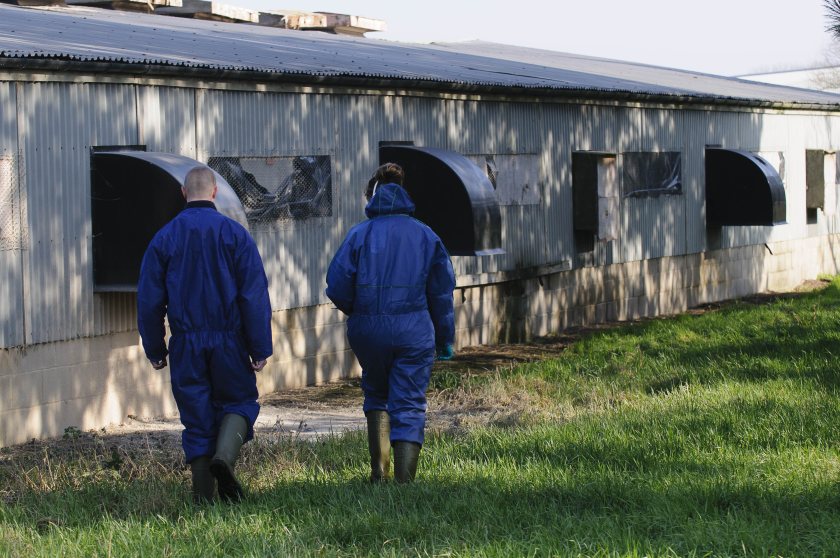
A farm in Suffolk will cull more than 82,000 ducks after an outbreak of highly-pathogenic avian influenza was confirmed.
The H5N1 strain of bird flu was discovered over the weekend at a farm owned by Gressingham Foods, located in Debach, near Woodbridge.
The duck and turkey producer was hit by an outbreak of the disease earlier this month, at its Redgrave site, which led to a cull of over 35,000 ducks.
This winter has seen an unprecedented incursion of avian influenza into Europe, with an unusually high number of cases recorded in the UK.
A Gressingham Foods spokesperson said: "Over the weekend unfortunately a Green Label duck farm was confirmed as having avian influenza H5N1.
"The farm has taken every precaution and there has been no movement of birds or other material off the premises, the farm is now under APHA control.
"The welfare of our birds is an absolute priority, and we work to the highest standards in hygiene, bio-security and animal welfare across all our farms."
Defra Secretary George Eustice said in December that the UK was seeing its worst ever outbreak of avian influenza.
In England alone, there has been 86 cases of highly-pathogenic avian influenza since late October 2021, the start of the winter bird flu season.
The crisis has led to the removal of free range eggs from the UK market, due to the continuing housing order in place since November 2021.
The mandatory housing measures, which were rolled out on 29 November 2021, were not lifted on Monday (21 March).
From this date, the 16-week grace period that was in place for the marketing of free range eggs ended.
This means that eggs from hens temporarily housed in barns for their welfare can no longer be marketed as free range.
NFU chief poultry adviser Aimee Mahony said: "These housing measures apply to all poultry keepers, whether you have one hen in the garden or a large poultry business.
"Vigilance is key with this disease and it’s vital that keepers report any signs of disease in their birds at the earliest opportunity to help prevent any further outbreaks."
